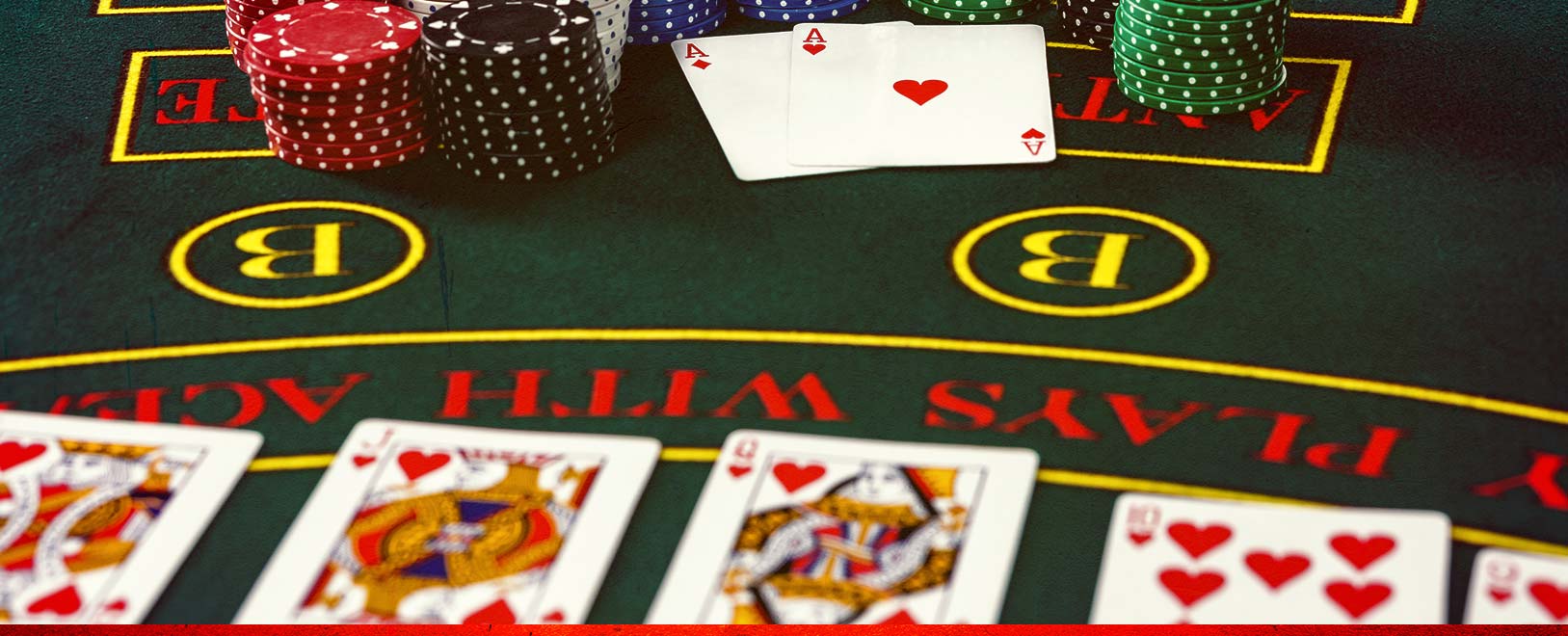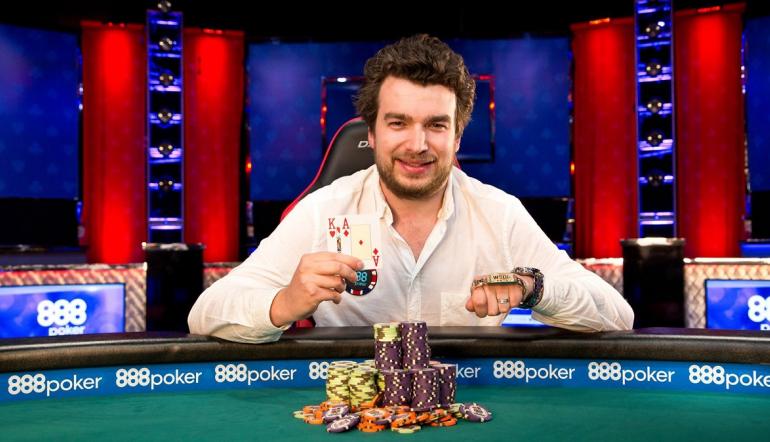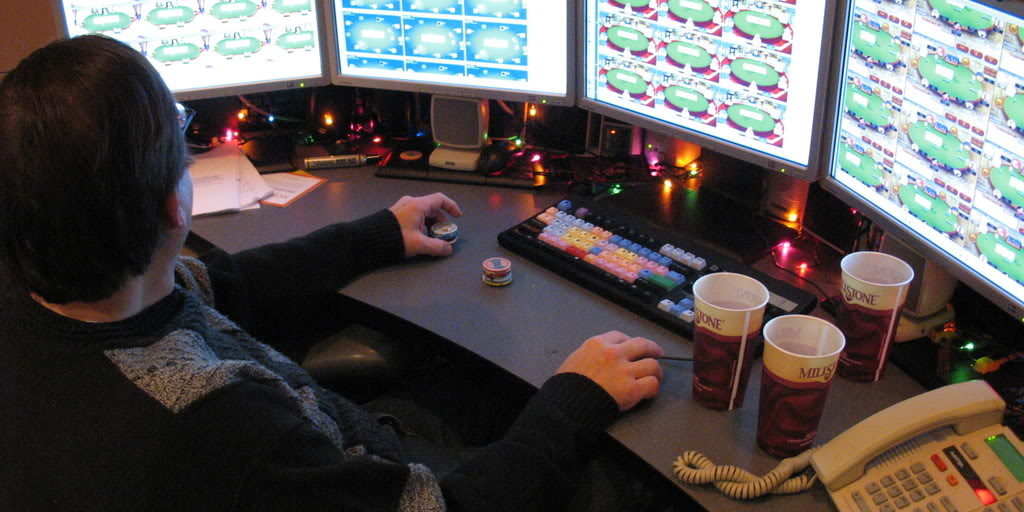Multi Table Tournament Poker Strategy Guide
Becoming a winning limit Omaha eight tournament player is much like becoming a winning limit Omaha 8 ring game player. They both require the experience, knowledge and patience to grind out hand after hand played based almost purely on mathematics. Entering hands with better starting hands than your opponents and making the correct plays based on pot odds after the flop.
There are three different parts of a limit Omaha high low split multi table tournament. These are the early rounds, middle rounds and late rounds, and each of them requires a different strategy. In addition, your chip stack in comparison to the average chip stack must always be considered.
Multi Table Tournament Poker Strategy Guide Free
In the early rounds you should keep your starting hand selection exceptionally tight. The blinds in relation to the average chip stack are very small and there is no reason to play any but your very best starting hands. You will play fewer hands than in most ring games in these early stages of the tournament. The small amount of chips available in these early hands in limit tournaments are not worth the amount of chips that you must risk in order to compete for most pots. When you do play early hands, look for scoop potential hands like high only hands and hands where all four cards work well together.
Once you reach the middle rounds of the tournament, the blinds start growing larger in comparison to the average chip stack. You can slightly loosen up your starting hand selections in these rounds, roughly to what you would play in a normal ring game. This is the time in the tournament where you need to start attempting to get enough chips to give you a legitimate chance to win. Even if you survive into the later stages of the tournament, if your chip stack is too small you will be forced to take too many chances, which rarely works out well.


During the late rounds of the tournament your play will be dictated mostly by the size of your chip stack. When you have a small stack, you will need to take a few more chances in hopes to increase your chances to win. This will increase your chances of getting knocked out, but it is better than getting blinded off. When you have a large chip stack, you can either re-tighten your starting hand requirements until only a few players remain or you may want to start looking for short stacks to bully. Don’t overdo this though, as a few losses can put a large dent in even a large chip stack.


Multi Table Tournament Poker Strategy Guide List
1) Teach you everything there is to know about multi-tabling and give you the basics of an MTT strategy guide. 2) Provide you with information so you can play more tables (poker tournament strategy tips). 3) Answer the question of how many tables you should be playing. So let’s get started. The United Kingdom Live Multi Table Tournament Poker Strategy has Live Multi Table Tournament Poker Strategy a rich history with real money gambling. To this day, it is hard to walk down any main street in any town without seeing a storefront betting shop, and the Live Multi Table Tournament Poker Strategy British love to “have a punt” on all types of activities. This online poker strategy guide is a truly great resource! 10 Pot Limit Omaha Secrets Exposed Learn these 10 closely guarded secrets from PLO expert Fernando Habegger. Advanced poker strategy training courses. Postflop Game Plan ($7) Make use of this foundational, multi-media guide that shows when and how to categorize poker hands profitably. Multi-table tournament strategy advice for the 'in the money' stage of a tournament - after the bubble has burst, but before the final table.
Multi Table Tournament Poker Strategy Guide 2019

Multi Table Tournament Poker Strategy Guide Cheat
To become a winning limit Omaha eight tournament player, you must be at your best every single hand of the tournament. When you aren’t involved in a hand, you should try to learn as much as possible about your opponents. You never know when you may meet one of them at the final table, and a single tendency or tell can make the difference between first place and seventh or eighth.